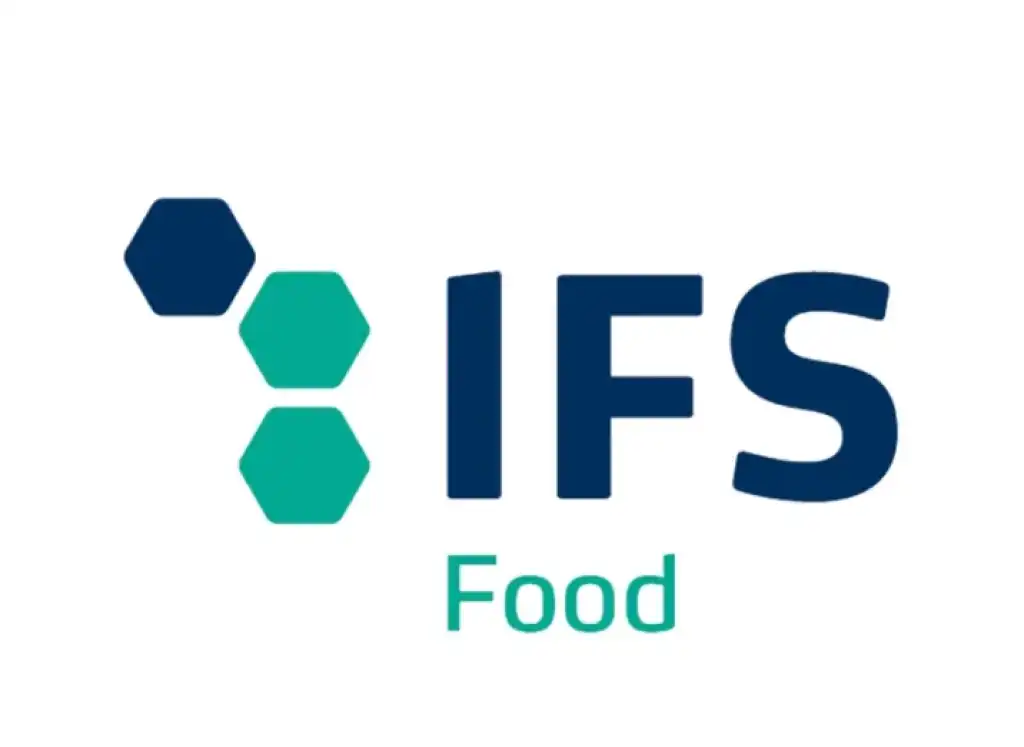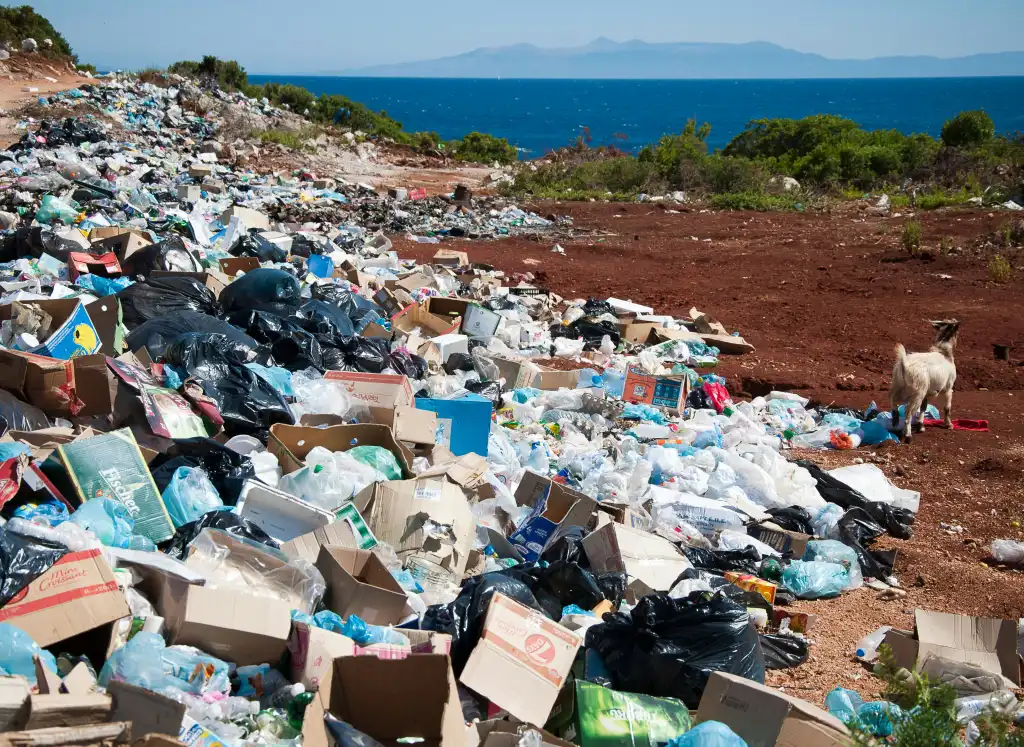Water in plastic bottles: it’s time for change
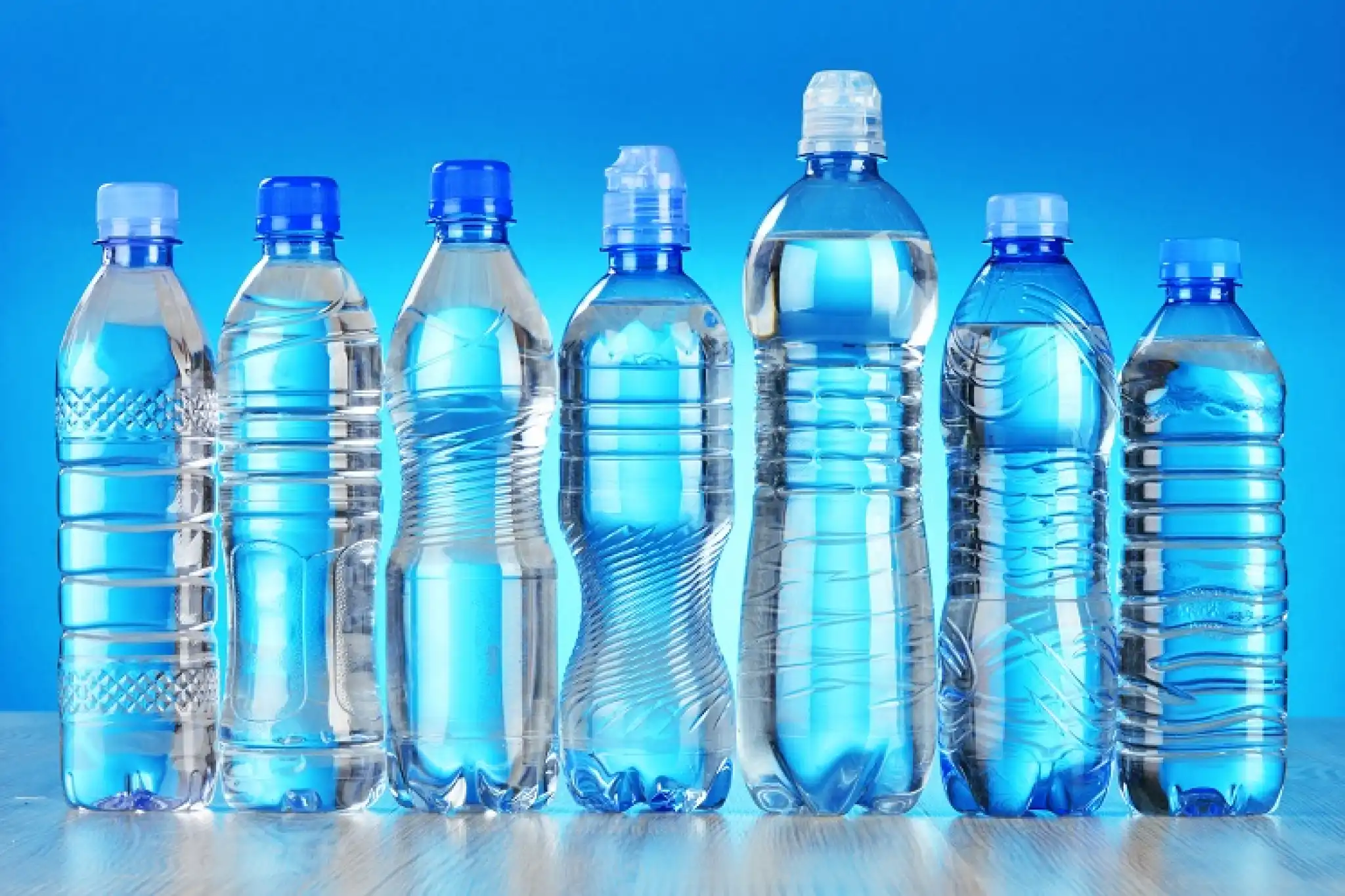
An unsustainable consumption
Every minute, one million plastic bottles are sold worldwide. This ever-growing figure highlights the devastating environmental impact of a product that, paradoxically, often proves less safe than tap water.
Behind this consumer choice lie multiple issues concerning human health, the environment, and economic sustainability.
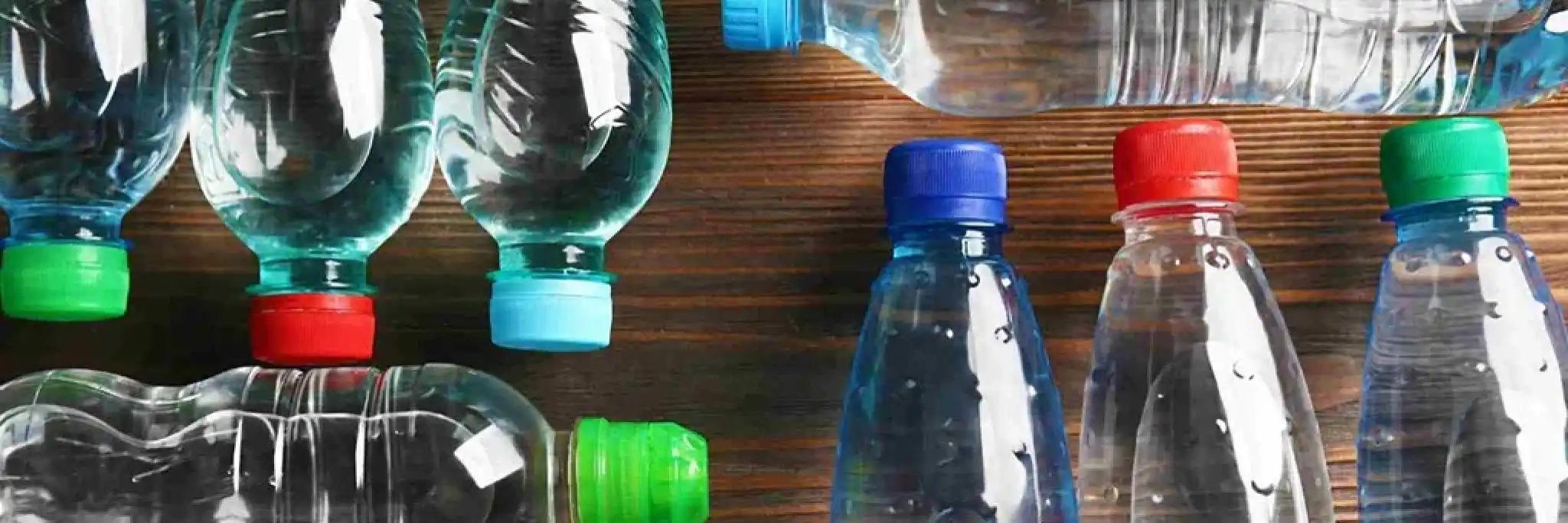
Health risks
Plastic bottles release microplastics and other chemicals into the water, including phthalates, BPA, and PFAS, known as “forever chemicals” for their persistence in the environment and living tissues. These compounds are linked to endocrine, cardiovascular, neurological, and gastrointestinal problems.
Recent studies have shown a synergistic effect between microplastics and PFAS, amplifying biological damage, slowing growth, reducing fertility, and compromising the survival of aquatic organisms, as demonstrated in tests on Daphnia magna.
Although tap water can also be subject to contamination, strict regulatory controls generally make it safer. By contrast, bottled water is not subject to equally stringent checks.
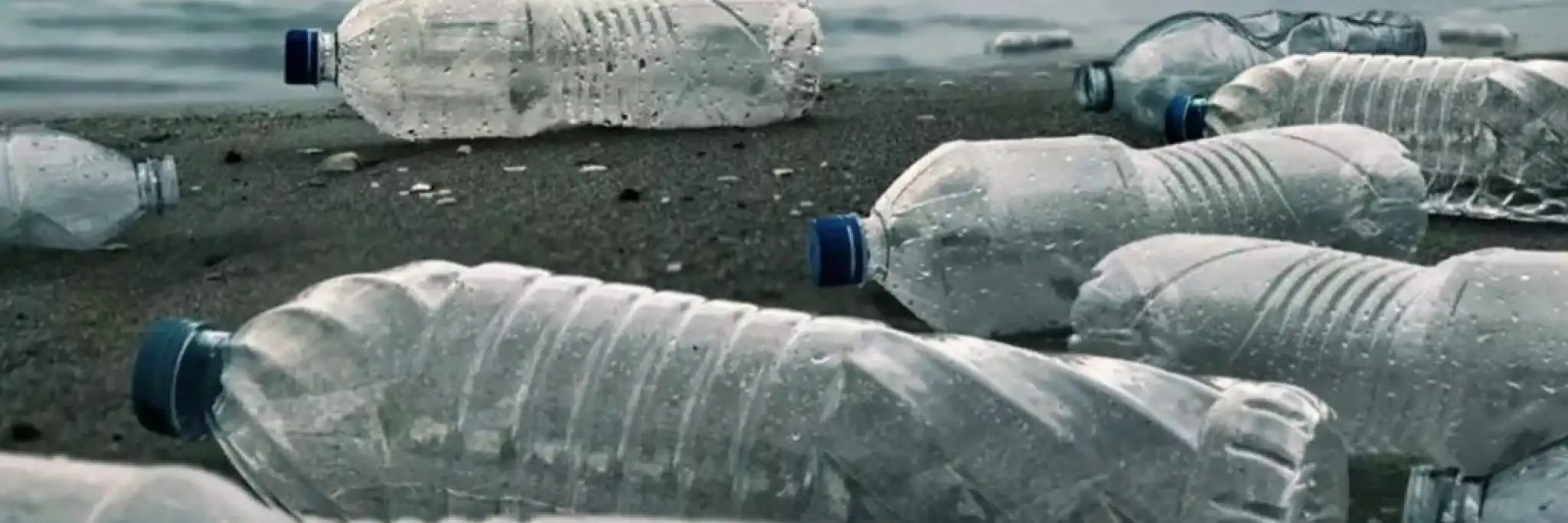
A huge environmental impact
Only 9% of plastic bottles are recycled, while the vast majority end up in landfills, incinerators, or the oceans, where they account for nearly 12% of marine plastic waste.
The microplastics resulting from degradation contaminate water and soil, entering the food chain and living tissues. Moreover, producing one liter of bottled water requires between 17 and 35 liters of water and consumes about 2000 times more energy than tap water.
Policies and false beliefs
Despite evidence in favor of tap water, many consumers prefer bottled water for reasons of taste or distrust of tap water. However, most people cannot distinguish between the two in blind tests.
Several countries — such as Spain, the United States, Australia, Hong Kong, and Canada — have taken measures to reduce bottled water consumption by banning its use in public places and promoting fountains and reusable bottles.
In Italy, however, consumption remains among the highest in Europe, with about 14 billion liters per year (236 liters per capita), generating a turnover of 10 billion euros.
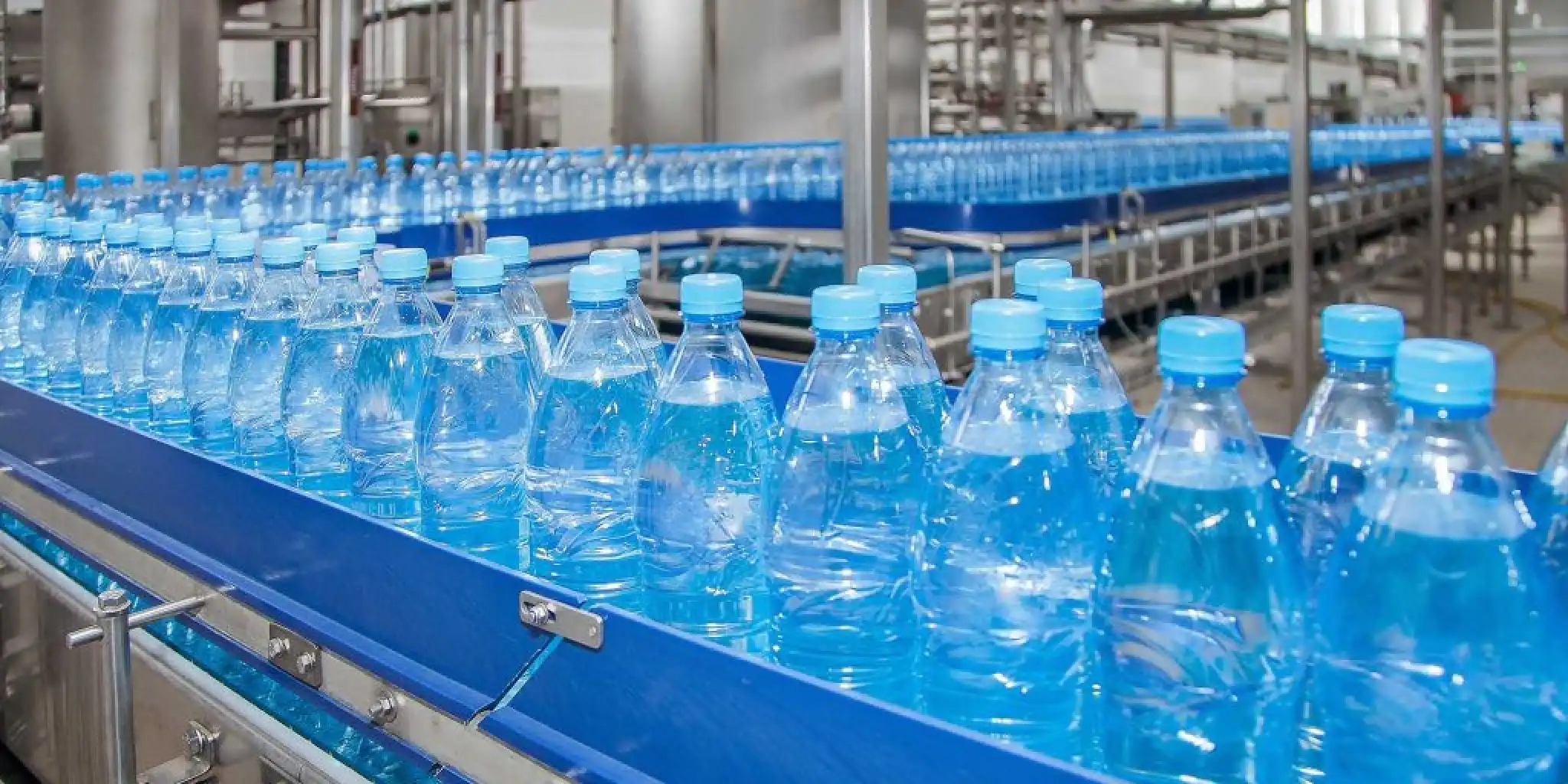
Conclusion
Dependence on bottled water is a complex problem, with health, environmental, and economic implications. Reducing single-use plastic consumption is a global priority that requires joint efforts from governments, businesses, and citizens.
Choosing tap water, when safe, is not only an act of responsibility toward the environment but also a safer choice for health.
